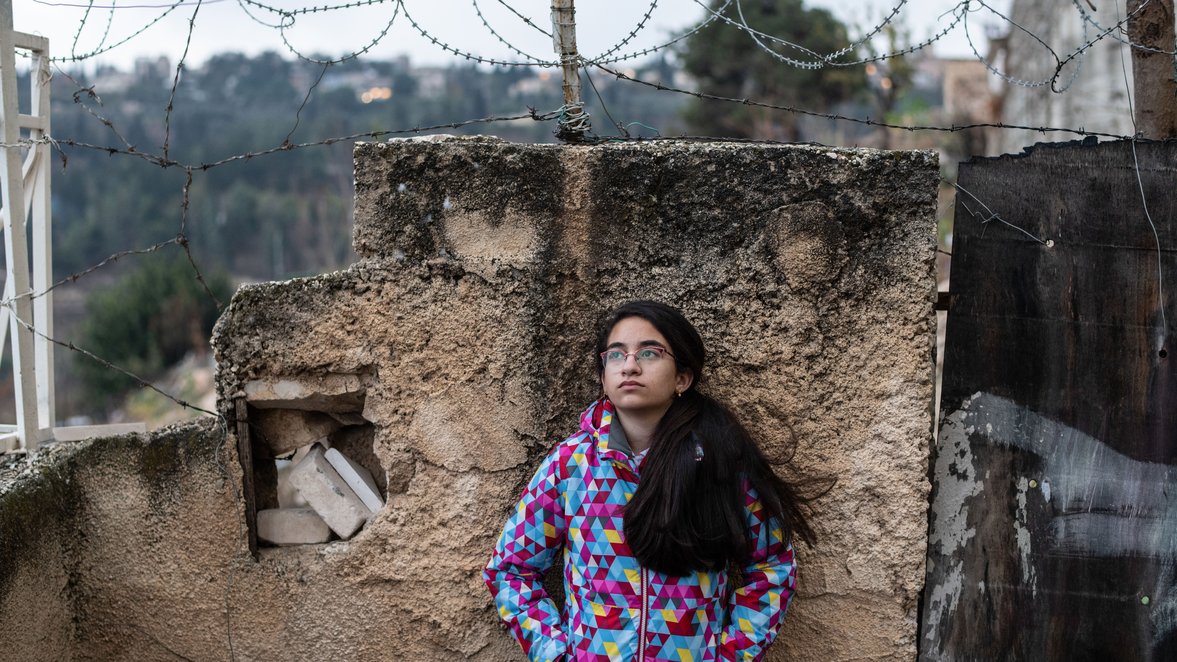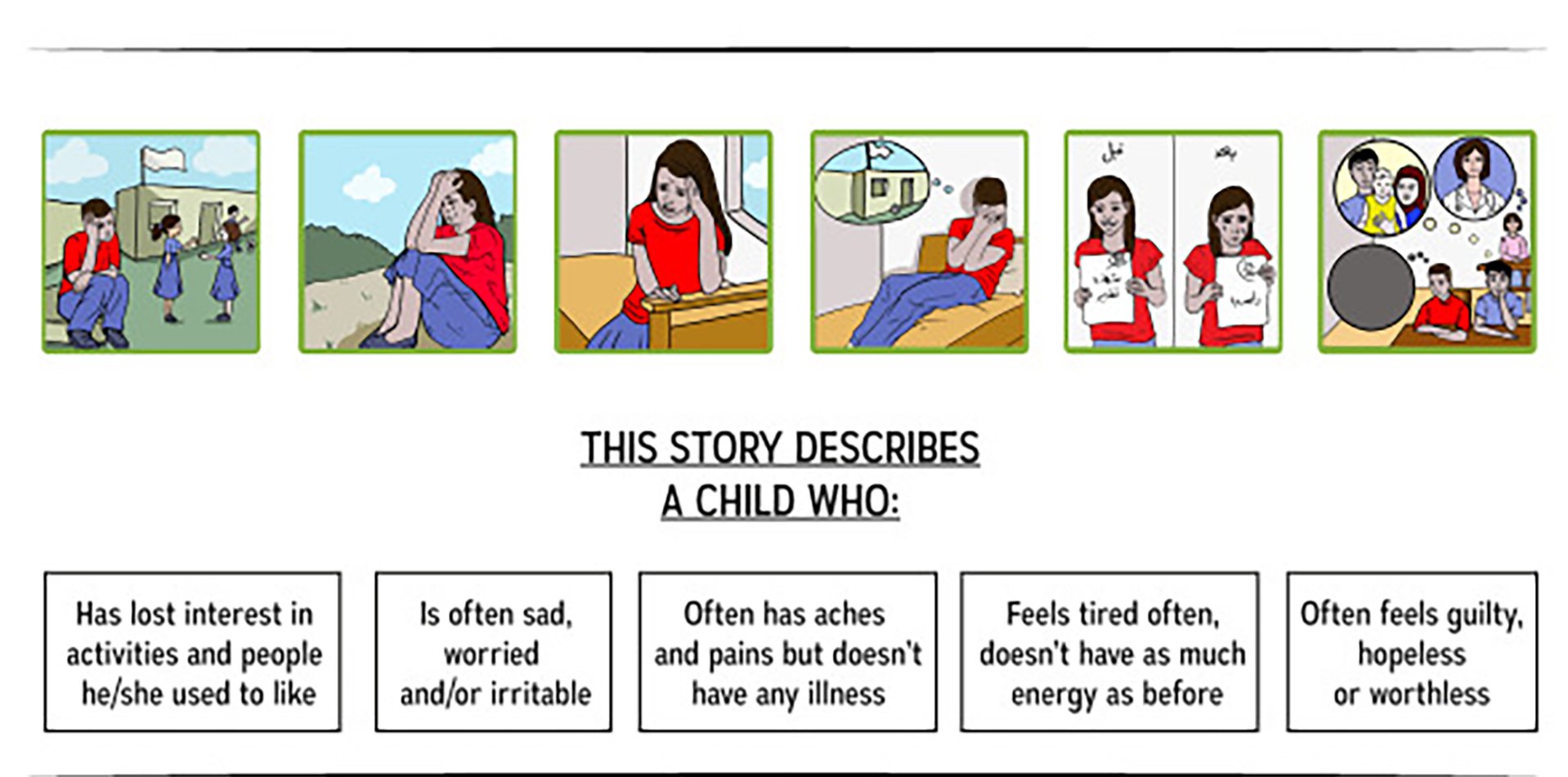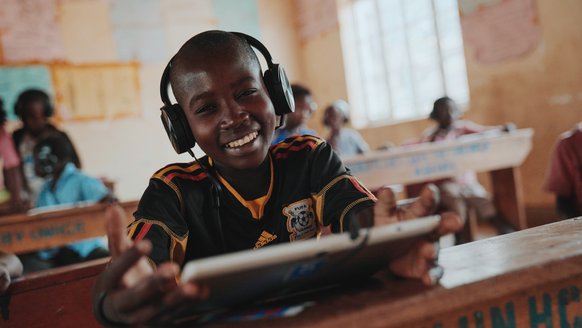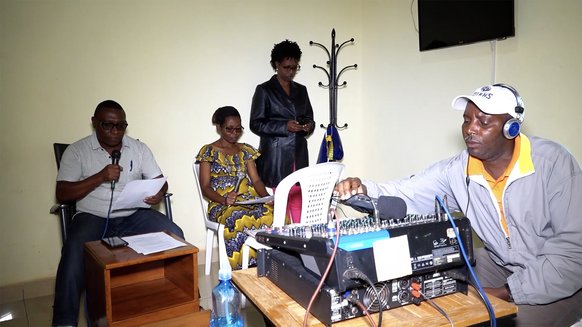Innovative Tool Accurately Detects Mental Health Problems Among Children in Conflict Settings
Aug. 18, 2021

Developed by War Child, the Community Case Detection Tool is designed to help community workers and teachers quickly and effectively detect children in need of mental health care. Recently tested among children and youth in the occupied Palestinian territory, the tool has proven to do just that - with three out of four children accurately detected using its innovative method.
Growing Mental Health Crisis
‘’In a world where the number of children and adolescents in need of mental health care is growing exponentially, this is an important finding,’’ says War Child lead researcher, Myrthe van den Broek.
The situation is particularly acute in conflict-affected low and middle income countries where mental health services are scarce. Even if services do exist, few people make use of them - either because they are not aware or may feel ashamed or stigmatized for doing so. It can also be challenging for parents and caregivers - who children rely on to access care - to distinguish between symptomatic and normal behaviour.
A grave consequence of this is that mental health illnesses among children and adolescents go untreated, with the potential to develop into lifelong problems.
How it Works
The tool is made up of a series of illustrated narratives depicting common symptoms of childhood psychological distress such as worry, loss of interest, sleep problems, feelings of hopelessness, aggression or violent behaviour.
Trained teachers and community workers - generally with no professional mental health background - use these illustrations during their daily interactions with children to see whether there is a match. The tool provides guidance on how severe the issue may be and what impact it could have on the child. It also includes advice on the various ways they can follow up.

The tool is made up of illustrated narratives, paired with a simple decision chart
Photo: War Child
Evidence-Based
Following our research among children (aged 6-18) in nine schools and two community-based organisation in Jerusalem, we now know that the tool can be used as an important first step in the wider care programme.
Three of four children (77%) detected by the teachers and community workers as in need of mental health care did indeed need support, as confirmed by interviews with psychologists. “This is an important first step in bridging the gap between available services and children in need of those services”, says van den Broek.
The results of the study are published in the July 2021 issue of the Journal of Adolescent Health. For more on this unique innovation, follow this link.

